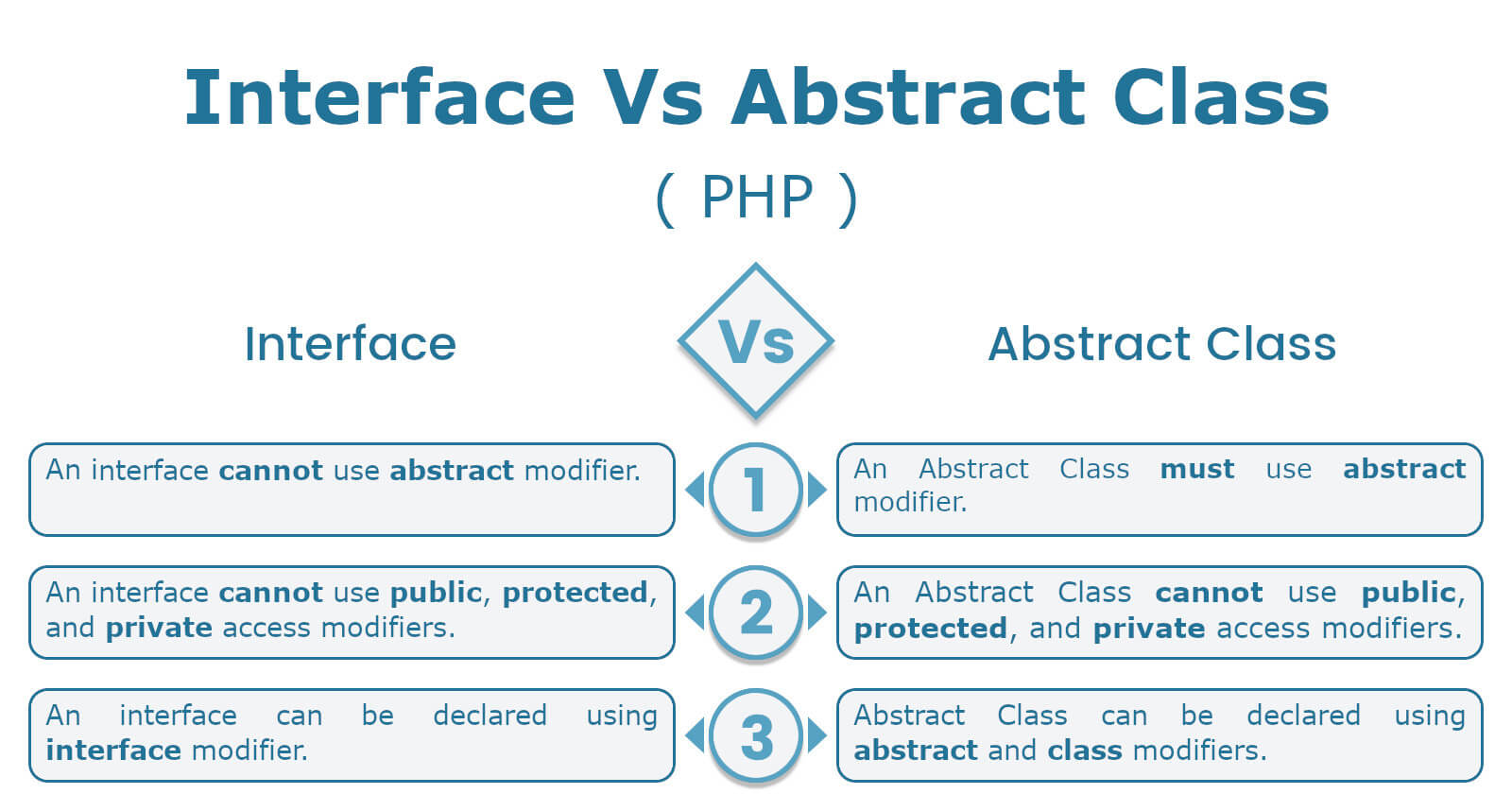A startup called Petnow has developed an app that claims to be able to identify dogs and cats by scanning their faces. This innovative technology aims to provide a reliable alternative to traditional pet identification tools such as tags and microchips. By leveraging artificial intelligence (AI) trained on a large dataset of dog and cat snout images, Petnow creates a unique biometric profile for each pet.
Key Takeaway
- Petnow is an app that claims to identify dogs and cats by scanning their faces.
- The app uses advanced algorithms and AI trained on a large dataset of pet snout images.
- For dogs, Petnow records a “nose print,” and for cats, it examines the “facial contour.”
- While the technology shows promise, there are potential challenges and biases associated with facial recognition in both human and animal identification.
How Does Petnow Work?
Petnow offers a mobile app for both Android and iOS devices. Users can simply scan their pet’s face using the app’s camera feature. The app then uses advanced algorithms to detect and focus on the dog or cat, cropping out any background distractions or human subjects. For dogs, Petnow records a “nose print,” which is claimed to be as unique as a human fingerprint and unchanged over time. For cats, Petnow examines the “facial contour,” which the company says remains distinctive due to cats’ individual grooming habits.
Algorithms and Accuracy
Petnow asserts that its algorithms are 99% accurate in identifying individual cats and dogs. However, it’s important to note that facial recognition technology can be prone to bias. Facial recognition algorithms have been known to exhibit biases, especially when trained on datasets lacking diversity. Additionally, even experts struggle to differentiate between dog breeds, let alone animals of the same breed. Nonetheless, Petnow claims that its training database is continually growing, and it uses AI to ensure the best possible photo quality.
The Potential of Pet Identification Technology
The founders of Petnow believe that pet identification technology has great potential and envision a future where pets have their own IDs, similar to humans. They see the market for pet identification as continuously growing and not just a passing trend. Petnow aims to offer a comprehensive pet platform that allows users to register their pets, find missing animals, and check insurance status.
While Petnow currently has around 70,000 users, the company is actively seeking partnerships with pet care providers and shelters. Its plans include expanding into international markets and entering contracts with pet insurers and government pet registries. With the increasing pet population and the rising importance of pet care, Petnow aims to position itself as a leading player in the pet identification industry.
As the market evolves and technology improves, it remains to be seen whether Petnow and its competitors can deliver on their promises of accurate pet identification. The stakes are high, as any mistakes or inaccuracies could have serious consequences for both pets and their owners. Ensuring the reliability and fairness of pet identification technology is crucial to building trust and avoiding potential harm.

























